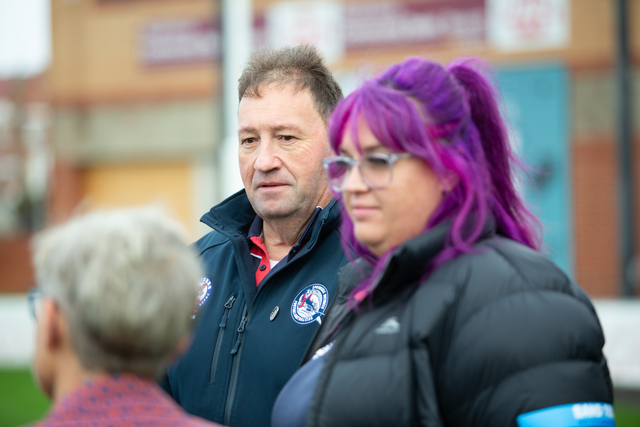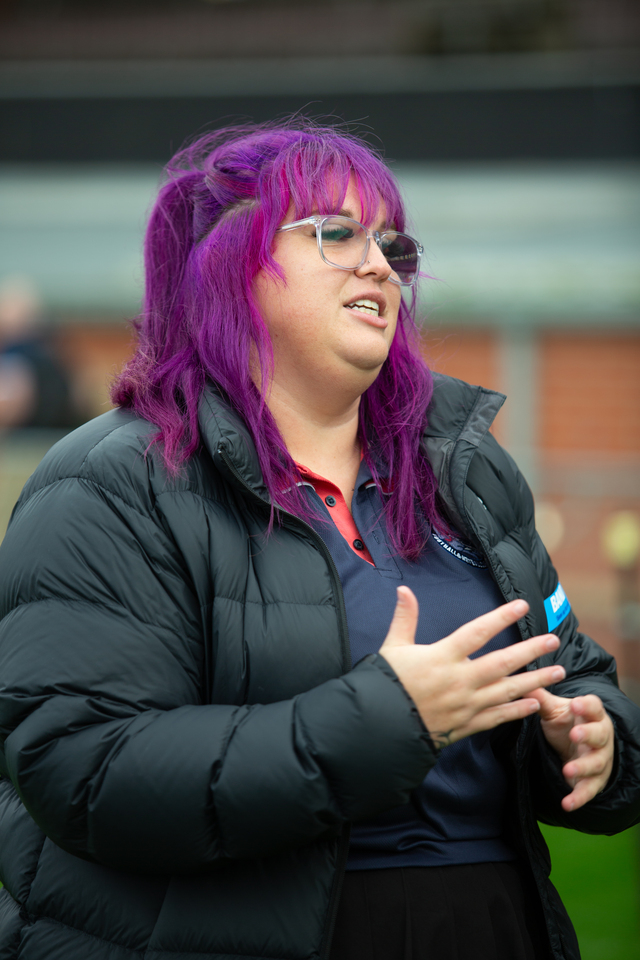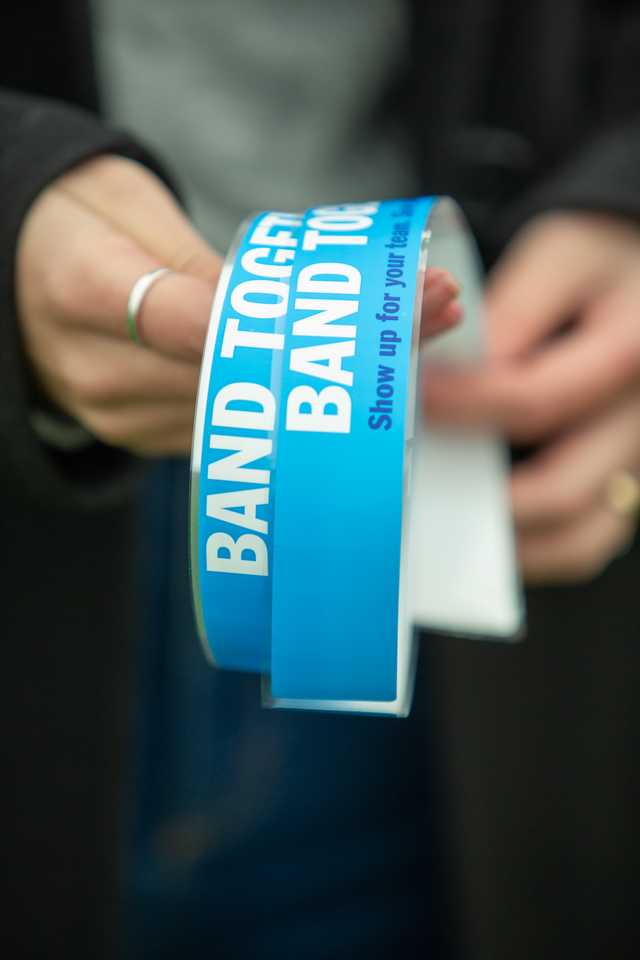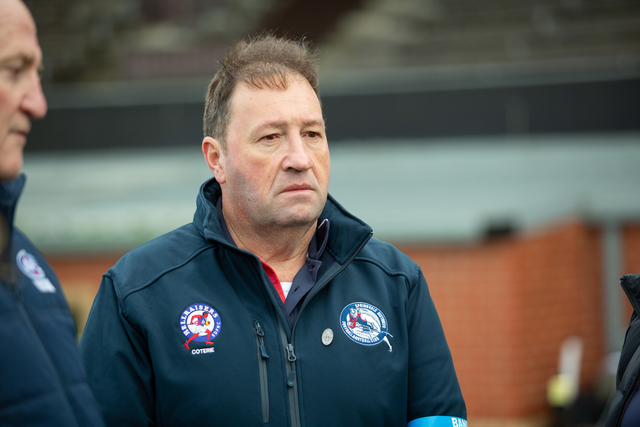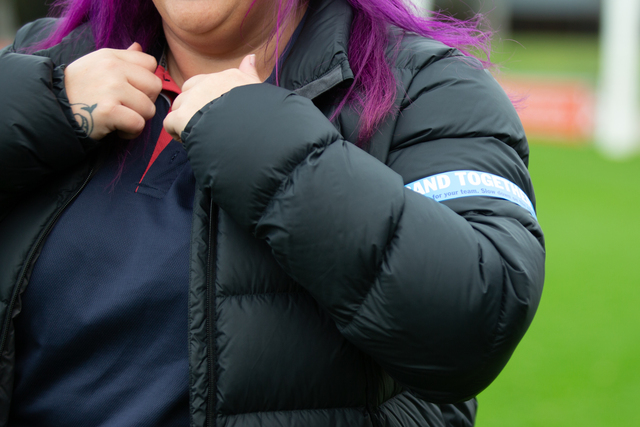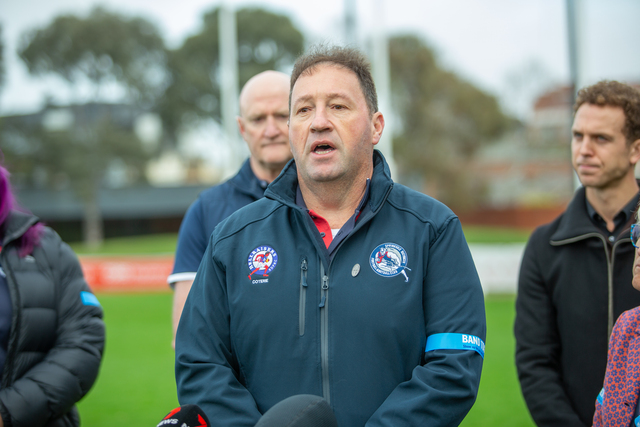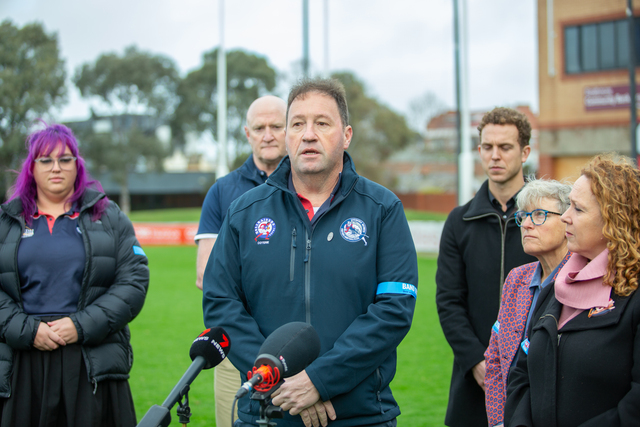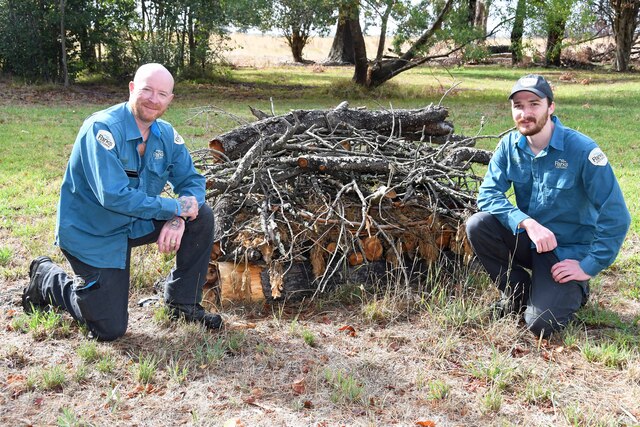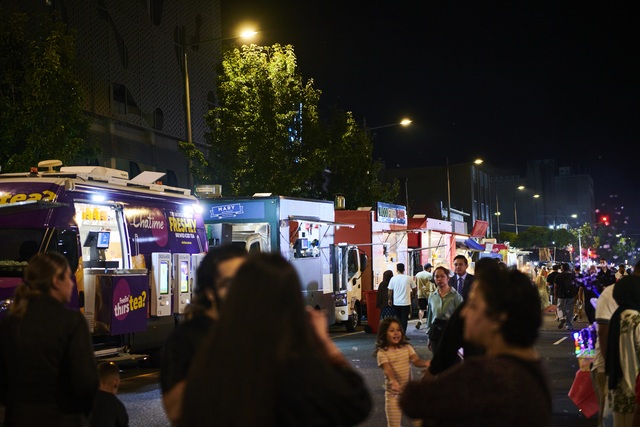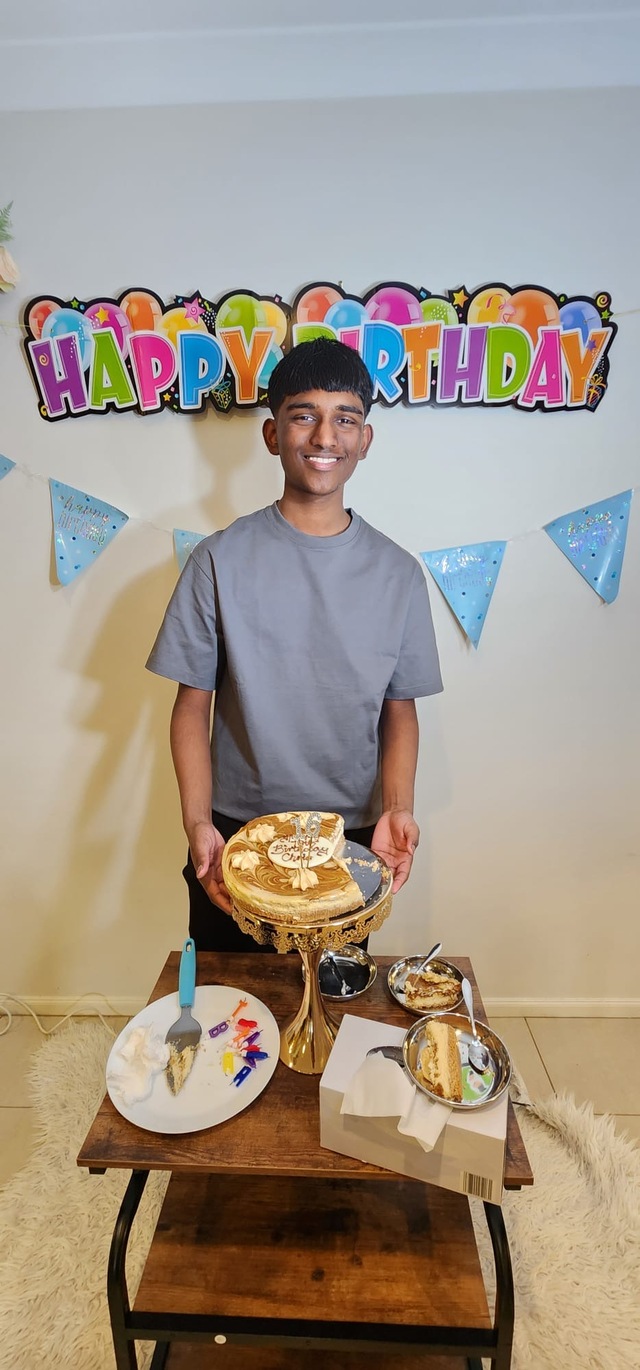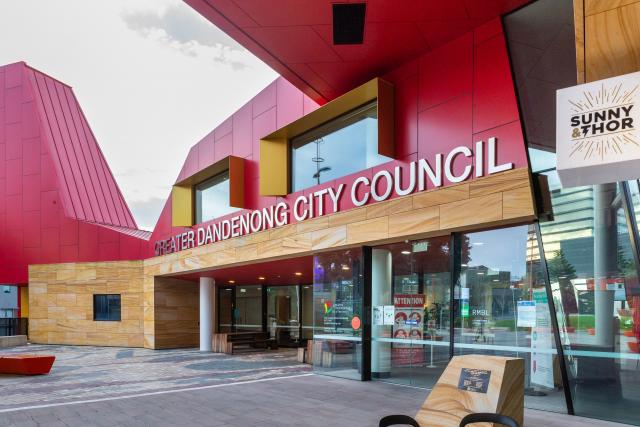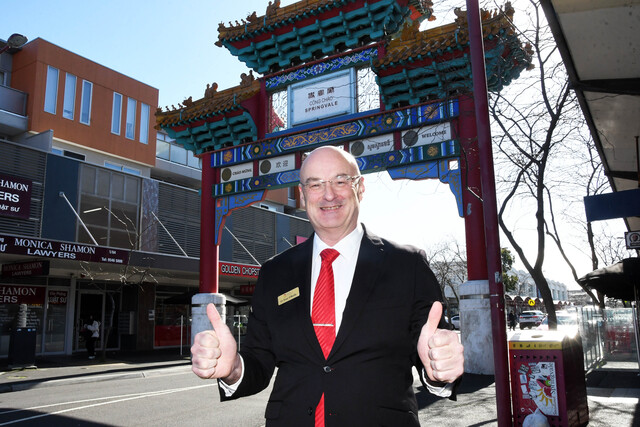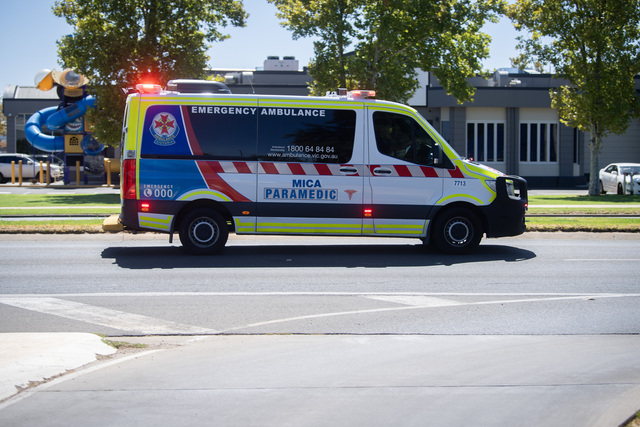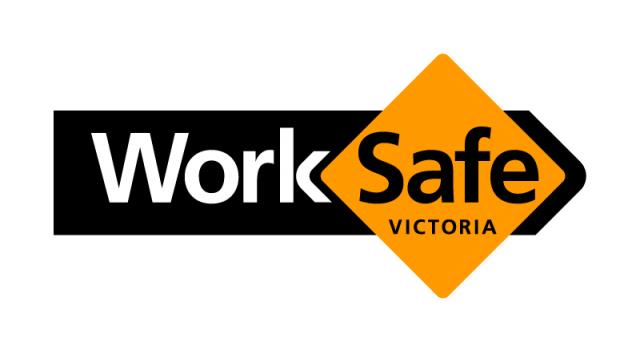Once they felt bullet-proof, but Tegan Ryan and Tony Cooper can attest to the life-long impact of road trauma.
The pair from Springvale Districts Football and Netball Club took a lead role ahead of the Road Safety Round across AFL Victoria leagues last weekend.
Ryan still harbours the life-changing injury from a lark during Schoolies Week as an 18-year-old. Underneath a prominent scar, her arm is held together with 23 plates.
Now 33, she vividly recounts getting a ride with an L-plater and an “irresponsible” ‘supervisor’ that wet night in Hallam.
The driver wasn’t doing anything stupid but nor was he prepared for the slippery conditions. He cut a corner too fast, and hit the brakes hard as he tried to correct the rear-wheel-drive car.
Unfortunately, he locked up the brakes and slid over the gutter into a power pole.
Ryan, who was sitting in the back seat, powerlessly watched the next split-second unfold as if in “slow motion”.
She took the brunt of the blow. Her humerus bone shattered, she was knocked unconscious.
“When you’re 18, you think you’re invulnerable, that it won’t happen to you. It just happens on the news.
“My road trauma entirely changed my life. It changed my perception of how quickly things can go wrong.
“You can’t turn back time and make different choices. But if I had my time again, there’s no way I’d go in that vehicle.”
What she’s learnt is that passengers – as well as drivers – have a significant role to play.
“If you’re not comfortable with the driver, call an Uber, call a friend, call Mum or Dad – whoever it may be.
“And if you’re the driver, that invincibility you think you have isn’t real. The impact of an accident can last you for the rest of your life.”
Despite long months of rehab, movement in Ryan’s injured arm remains painful – which hinders her goal shooting and many aspects of life.
But she believes in recounting her harrowing tale to ward others from injury.
“I think storytelling in community settings like football and netball clubs can be powerful. It has to be from their mates and people they look up to.
“It has to be real and have that human element.”
Springvale Districts president Tony Cooper casts his mind back to when he was 18 and he lost a team-mate who “just drove too fast” one fateful day.
“What resonates with me is my son has just turned 18 and he’s just got his licence.
“What I said to the boys is you might miss a shot at goal and you’ll probably get another opportunity. But there are some mistakes you don’t get a chance to come back from.”
Cooper said sport clubs were now better placed to make the road safety message sink in to “bullet-proof” players.
Back in his youth, players sunk a few beers after training, and never talked about issues like the road toll.
These days, the fridge is stocked more with soft drinks. Road safety is also openly discussed.
“We’re looking at creating an environment where they’re making the right decisions all the time.
“It’s about doing the right thing in front of your peers, doing the right thing with training standards and doing the right thing with dress standards.
“This is another one of those behaviours.”
Over the past three years, the club’s netballers and footballers have worn blue armbands for Road Safety Round to signify lives lost on the road.
Recently, players got on social media, sending a videoed road-safety message to loved ones. Highway patrol police officers have been invited to address the members and players.
One of the players told of nearly losing his job as a tradie after being caught drink-driving.
“People turn up to games and ask what is that blue armband about. That’s the conversation starter.”

